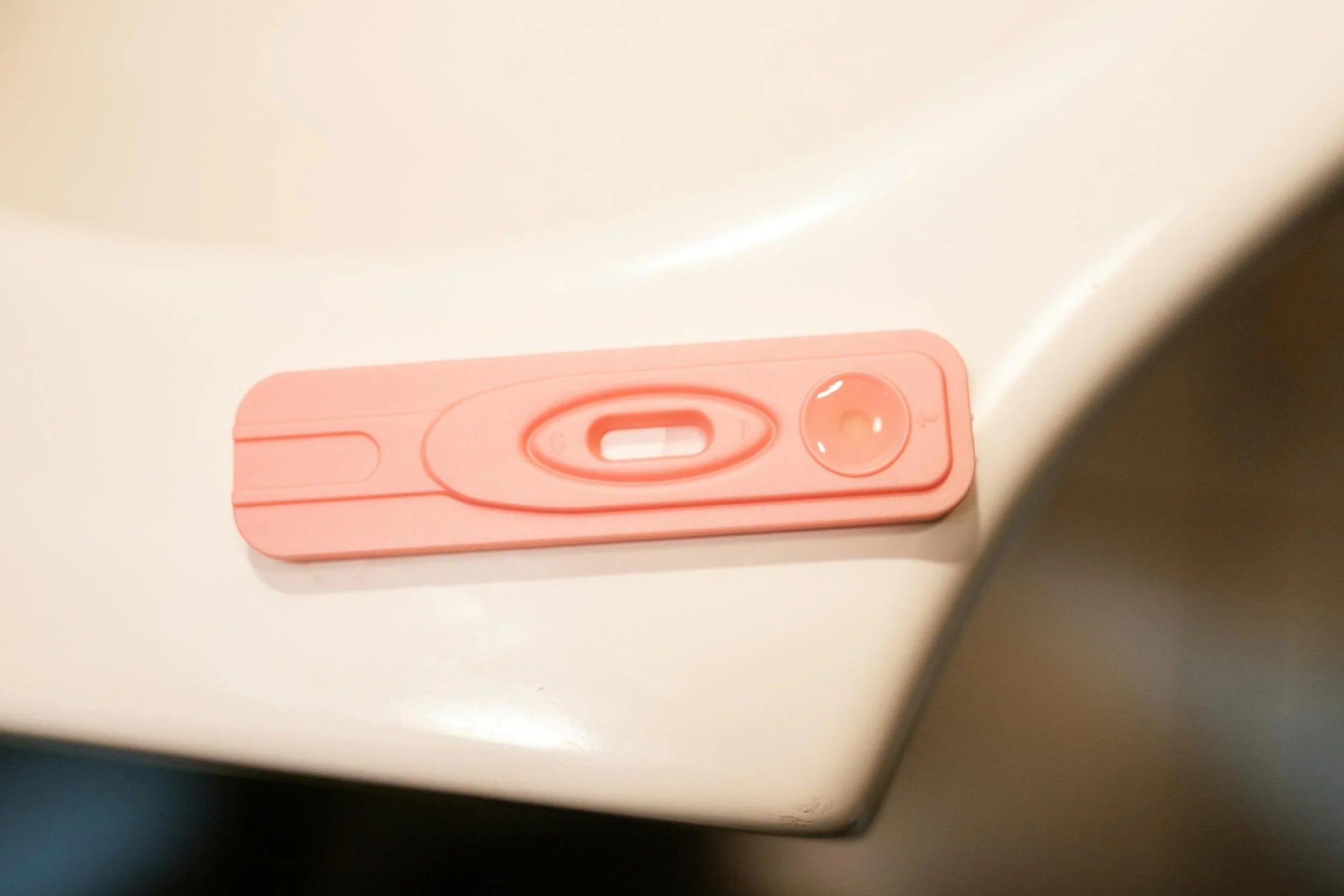Startseite
Pregnancy, Breastfeeding, and Pumping: The Ultimate Guide for Moms
How to Know Pregnancy Test at Home: A Comprehensive Guide

How to Know Pregnancy Test at Home: A Comprehensive Guide
Are you wondering how to know pregnancy test at home? Whether you're trying to conceive or suspect you might be pregnant, understanding the process can be both exciting and nerve-wracking. This comprehensive guide will walk you through everything you need to know about detecting pregnancy in the comfort of your home.
Understanding the Basics of Pregnancy Testing
Before diving into the methods, it's essential to understand how pregnancy tests work. These tests detect the presence of human chorionic gonadotropin (hCG), a hormone produced by the placenta shortly after a fertilized egg attaches to the uterine lining. The levels of hCG increase rapidly in the early stages of pregnancy, making it a reliable marker for detection.
Early Signs of Pregnancy
Recognizing early signs of pregnancy can help you decide when to take a test. Common symptoms include missed periods, nausea, fatigue, breast tenderness, and frequent urination. However, these signs can also be caused by other factors, so they should not be solely relied upon for confirmation.
Types of Home Pregnancy Tests
There are several types of home pregnancy tests available, each with its own method of detecting hCG. The most common types include urine tests, digital tests, and early detection tests. Urine tests are the most widely used and are typically affordable and easy to use. Digital tests provide a clear result on a digital screen, while early detection tests can detect pregnancy even before a missed period.
Step-by-Step Guide to Taking a Home Pregnancy Test
To ensure accurate results, follow these steps when taking a home pregnancy test:
- Read the instructions carefully before starting.
- Collect a urine sample in a clean, dry container.
- Dip the test strip into the urine or use a dropper to apply the urine to the designated area.
- Wait for the specified amount of time, usually a few minutes.
- Check the result. A positive result typically shows two lines, while a negative result shows one line.
Tips for Accurate Results
To maximize the accuracy of your home pregnancy test, consider the following tips:
- Test first thing in the morning when hCG levels are most concentrated.
- Use a test that has not expired.
- Follow the instructions precisely, including the waiting time.
- Avoid drinking excessive fluids before testing, as it can dilute the urine.
Interpreting the Results
Understanding the results is crucial. A positive result usually indicates pregnancy, but false positives can occur due to certain medications or medical conditions. A negative result may mean you're not pregnant, but it could also be due to testing too early or not following the instructions correctly. If you're unsure, consider retesting after a few days or consulting a healthcare professional.
When to See a Doctor
If you receive a positive result on a home pregnancy test, it's advisable to schedule an appointment with a healthcare provider for confirmation. They can perform a blood test or ultrasound to confirm the pregnancy and provide guidance on next steps. Additionally, if you experience severe symptoms or have concerns about your health, seek medical advice promptly.
Common Myths About Home Pregnancy Tests
There are several myths surrounding home pregnancy tests that can lead to confusion. For example, some believe that drinking water before testing can affect the result, but it's more about the concentration of hCG in the urine. Another myth is that all tests are equally accurate, but the sensitivity can vary between brands. Understanding these myths can help you make informed decisions.
Emotional Considerations
Taking a home pregnancy test can be an emotional experience, whether you're hoping for a positive or negative result. It's important to prepare yourself mentally and emotionally for any outcome. Surround yourself with supportive friends or family members, and remember that it's okay to seek professional help if you're feeling overwhelmed.
Alternatives to Home Pregnancy Tests
If you're unsure about using a home pregnancy test, there are alternative methods to consider. Blood tests performed by a healthcare provider are more accurate and can detect pregnancy earlier than urine tests. Additionally, some women rely on tracking their menstrual cycles and ovulation to predict pregnancy, though this method is less reliable.
Frequently Asked Questions
Here are some common questions about home pregnancy tests:
- How soon can I take a home pregnancy test? Most tests can detect pregnancy as early as the first day of a missed period, but some early detection tests can provide results even earlier.
- Can medications affect the results? Certain medications, such as those containing hCG, can lead to false positives. Always consult your healthcare provider if you're unsure.
- What should I do if I get a faint line? A faint line usually indicates a positive result, but it's best to retest after a few days or consult a healthcare professional for confirmation.
Understanding how to know pregnancy test at home can empower you to take control of your reproductive health. By following this guide, you can approach the process with confidence and clarity, ensuring accurate results and informed decisions.
Teilen

